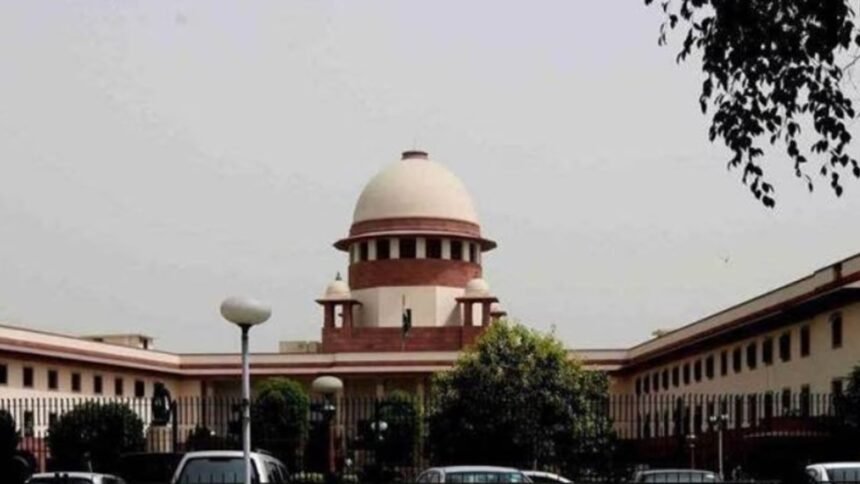Waqf Amendment Bill 2025: The Supreme Court on Monday refused to stay the Waqf (Amendment) Act, 2025, provision requiring registration of Waqf by user, but paused the clause that states a person must be a practitioner of Islam for five years to create a Waqf until state governments frame relevant rules.
A bench of Chief Justice B R Gavai and A G Masih said, “We have gone to legislative history right from the 1923 Act up till now and considered a prima facie challenge to each of the sections. After hearing parties, we have held that the case was not made out to stay the entire statute. However, certain sections which are challenged need some protection.”
Reading out the interim order, CJI Gavai said, “The requirement for registration was there from 1995 till 2013. It was taken away in 2013; therefore, there is nothing new.”
The court said the provision in Section 3(1)(r) that a person has to be practising Muslim for five years to create a waqf “shall remain stayed till rules are framed by the state for providing a mechanism for determining the question as to whether a person has been practising Islam for at least 5 years or not.” “In the absence of such a mechanism, it can lead to arbitrary exercise of power.”
The SC also stayed the provisions which allow the designated officer of the government to make a report to the government whether a Waqf property has encroached upon a government property, after which the state can ask the Waqf Board to make the necessary correction in the records.
It said the provision permitting the collector to determine the right over the property is against the doctrine of separation of powers. The Executive cannot be permitted to determine the rights” over property. Unless there is a finality to the finding of the designated officer, the possession or the rights over the property will not be affected. Unless the issue regarding the title to the Waqf property is not finally decided, no third-party rights can be created against any third party in respect of such properties.
Though the court did not stay the provision allowing nomination of non-Muslim members to Waqf Boards, it shall not consist of more than four non-muslim members out of 20, and not more than three non-Muslim members out of 11 in the case of state Waqf boards.








